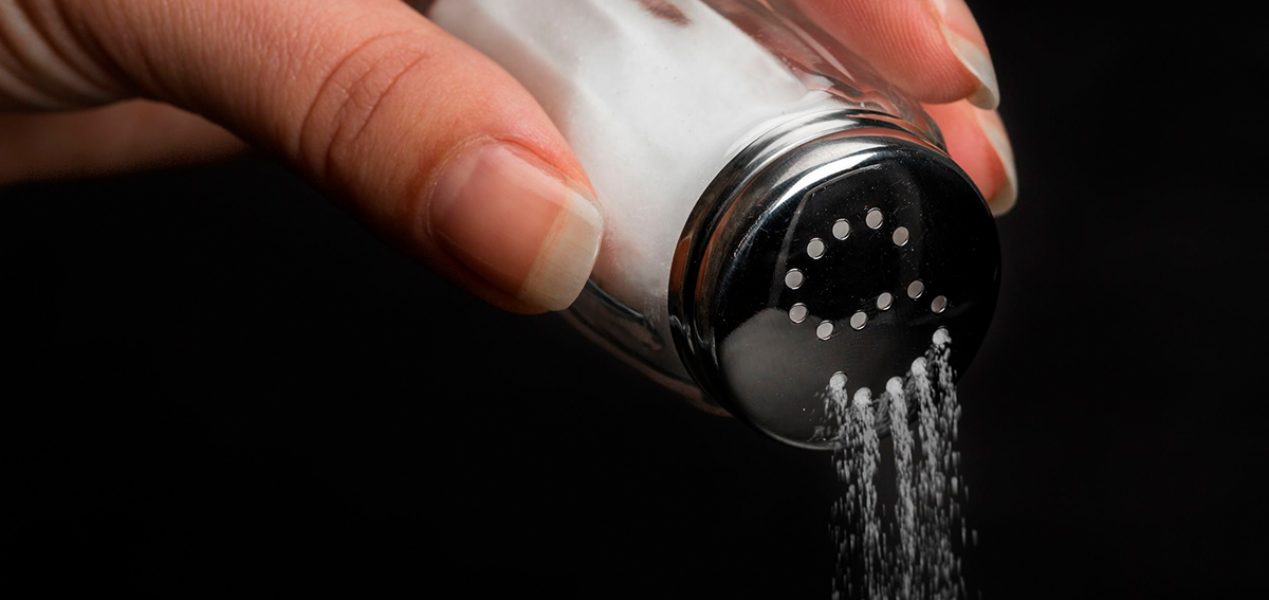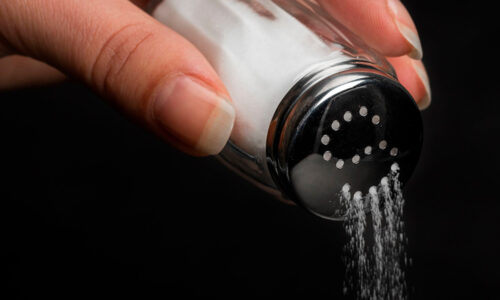Salt, or sodium chloride, has been a prized element since the dawn of humanity. The Egyptians are believed to have been the first people to use it as a food preservative, though it has always been an article of trade and was used as currency throughout history.
Within the nutritional and dietary context, sodium is essential to the functioning of cells and neurotransmitters; however, when consumed in excess, it has a significant impact on high blood pressure and the risk of cardiovascular diseases. According to the WHO, an estimated 17.8 million people died from CVDs in 2017, representing approximately 32% of all deaths worldwide.
Despite the recommendation by the European Commission, in accordance with WHO criteria, that adults not consume more than 5 g of salt per day, which provides 2 g of sodium, in most EU countries people consume an average of 7 to 12 g of salt daily.
The question is: can sodium consumption be reduced to acceptable levels? The answer is yes: it can, and should be according to the culinary and nutritional trends that will be imposed through European regulations, much as was the case for excess sugar intake. In 2008, the EU established the Salt Reduction Framework, or voluntary national salt initiatives, through which it promoted a series of policies to reduce sodium intake in the European Union, with the aim of reducing sodium by 16%.
The issue is not eliminating salt from foods, as its proven antimicrobial efficacy prevents the rapid deterioration of processed foods which otherwise would not be safe to consume from a health standpoint, rather, the issue concerns moderating intake.
Among the measures to reduce sodium in our diet, health and nutrition agencies support replacing sodium with the intake of foods rich in potassium, such as nuts, vegetables, and peas, as well as bananas, papayas, and dates. Within the Spanish legislative field, there is no rule on the matter, though consumers’ growing concern regarding their health has led many agri-food companies to develop and sell low-sodium food products in order to reduce the incidence of illnesses associated with sodium consumption.
Though consumers are the main drivers for change regarding eating habits, the industry is working hard to innovate within the health field, all without diminishing the flavour profile of food products. For example, at Grupo Barcelonesa, we’ve developed a solution called NaReduktean, which allows for a 40% reduction of sodium in food products and offers an easy to use substitution of 1 measure of NaReduktean for 1 measure of common table salt in recipes or formulas.
NaReduktean® is a natural mineral salt with high potassium chloride content that replaces sodium intake and is suitable for Clean Label food products.
El etiquetado limpio (Clean Label) es una iniciativa que responde a la demanda de información clara y fiable por parte de los consumidores respecto de la composición de los alimentos que consumen.


